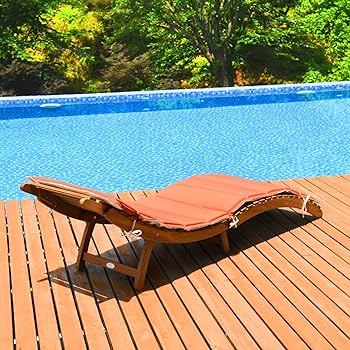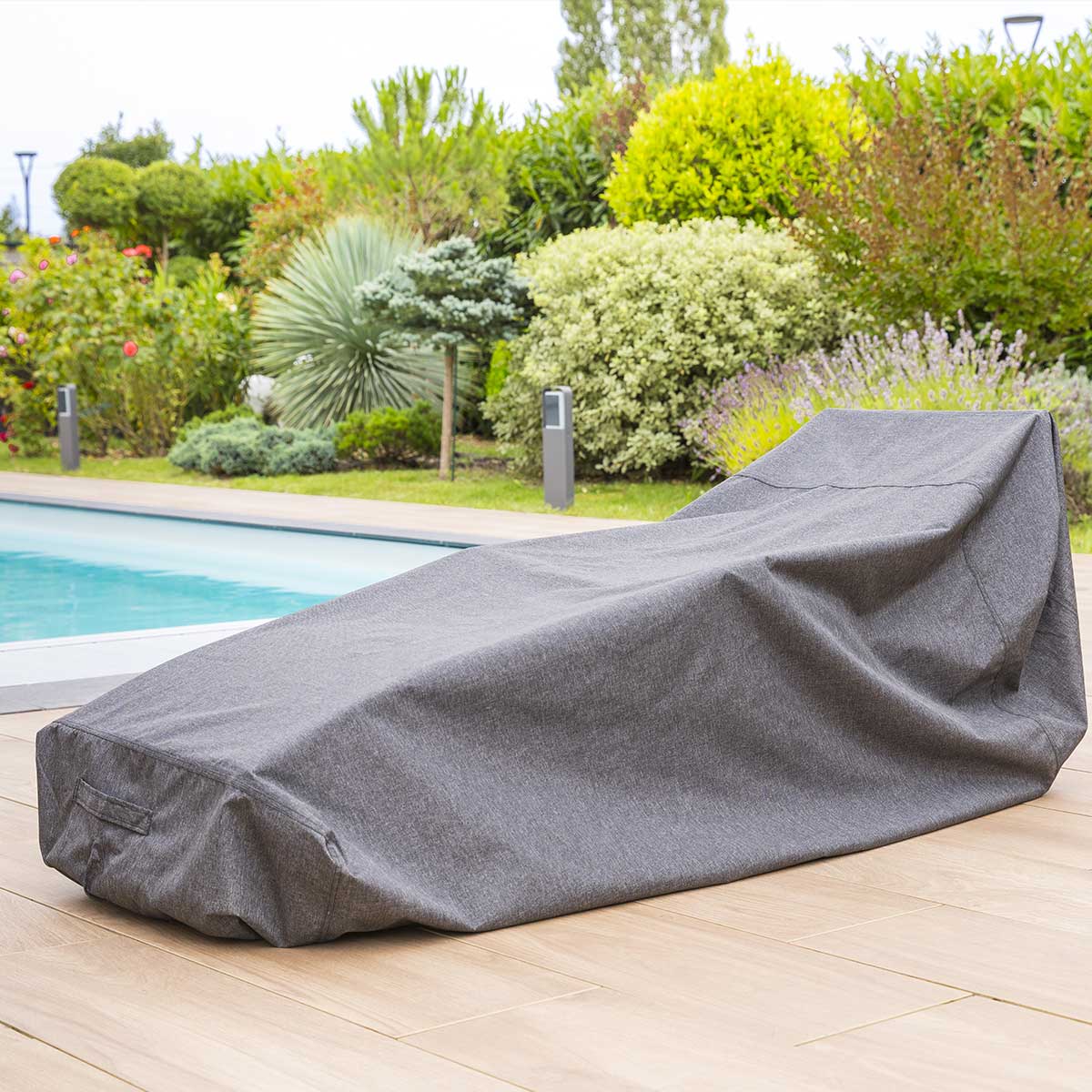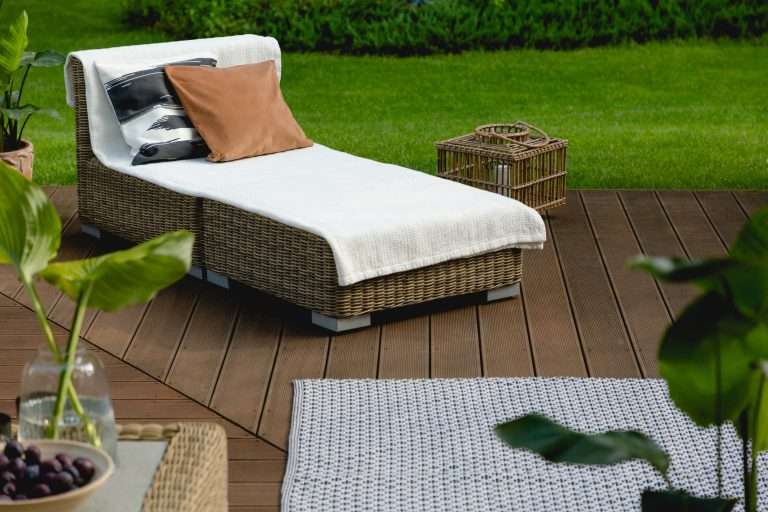Introduction
When it comes to enjoying the warm summer days, nothing beats lounging by the pool or on your patio. A sun lounger is the perfect addition to your outdoor space, providing comfort and relaxation. However, with so many different materials available, it can be challenging to choose the right one for your needs. In this article, we will compare various materials used in sun loungers to help you make an informed decision.
1. Wood
Wooden sun loungers are a classic choice that adds a touch of elegance to any outdoor setting. They are durable, sturdy, and have a natural aesthetic appeal. However, they require regular maintenance to protect them from weather damage and to keep them looking their best.
1.1 Teak

Teak is a popular wood choice for sun loungers due to its natural resistance to water and insects. It has a beautiful golden hue that weathers to a silver-gray patina over time. Teak loungers are known for their durability and longevity, making them a great investment.
1.2 Eucalyptus
Eucalyptus wood is another excellent option for sun loungers. It is a sustainable choice as it grows quickly and is easily replenished. Eucalyptus loungers have a warm reddish-brown color and are resistant to rot and decay. However, they may require occasional treatment with oil to maintain their appearance.
2. Metal
Metal sun loungers are known for their sleek and modern design. They are highly durable and require minimal maintenance. However, they can get hot when exposed to direct sunlight, so it’s essential to use cushions or towels for added comfort.
2.1 Aluminum
Aluminum is a popular choice for metal sun loungers due to its lightweight nature and resistance to rust and corrosion. It is easy to move around and requires little upkeep. Aluminum loungers are available in various styles and finishes, making them a versatile option.
Summary
When it comes to sun loungers, the choice of material plays a crucial role in determining its overall quality and suitability for your needs. Let’s take a look at some popular materials:
- Wood: Wooden sun loungers are known for their timeless beauty and natural appeal. They are sturdy, durable, and can withstand various weather conditions. However, they may require regular maintenance to prevent rotting or warping.
- Metal: Metal sun loungers, such as aluminum or wrought iron, are highly durable and resistant to rust. They often feature sleek designs and are easy to clean. However, they can become hot when exposed to direct sunlight and may not be as comfortable without cushions.
- Plastic: Plastic sun loungers are lightweight, affordable, and easy to clean. They are often available in a wide range of colors and styles. However, they may not offer the same level of durability as other materials and can be prone to fading or cracking over time.
- Rattan/Wicker: Rattan or wicker sun loungers provide a natural and rustic look to your outdoor space. They are lightweight, weather-resistant, and require minimal maintenance. However, they may not be as durable as other materials and can be more susceptible to damage from prolonged exposure to sunlight.
Ultimately, the choice of material for your sun lounger will depend on your personal preferences, budget, and the specific requirements learn the facts here now of your outdoor space. Consider factors such as durability, comfort, maintenance, and style to find the perfect sun lounger that suits your needs.
- Q: What materials are commonly used for sun loungers?
- A: Sun loungers are commonly made from materials such as wood, metal, plastic, and rattan.
- Q: What are the advantages of a wooden sun lounger?
- A: Wooden sun loungers are durable, have a natural aesthetic appeal, and can withstand outdoor conditions.
- Q: What are the advantages of a metal sun lounger?
- A: Metal sun loungers are sturdy, lightweight, and often have adjustable features for added comfort.
- Q: What are the advantages of a plastic sun lounger?
- A: Plastic sun loungers are affordable, easy to clean, and resistant to weather damage.
- Q: What are the advantages of a rattan sun lounger?
- A: Rattan sun loungers are stylish, lightweight, and offer a comfortable seating experience.
- Q: How do I choose the right sun lounger material?
- A: Consider factors such as durability, aesthetics, comfort, and budget to determine which material suits your preferences and needs.
- Q: Can sun loungers be used in outdoor settings?
- A: Yes, sun loungers are designed for outdoor use and can withstand various weather conditions.
- Q: Are sun loungers easy to maintain?
- A: Sun loungers made from different materials have varying maintenance requirements, but overall, they are relatively easy to clean and care for.
- Q: Can sun loungers be adjusted for different seating positions?
- A: Many sun loungers, especially those made from metal or plastic, come with adjustable features that allow users to recline or sit upright according to their preference.
- Q: Are sun loungers suitable for poolside use?
- A: Yes, sun loungers are commonly used by poolsides as they provide a comfortable spot for relaxation and sunbathing.




